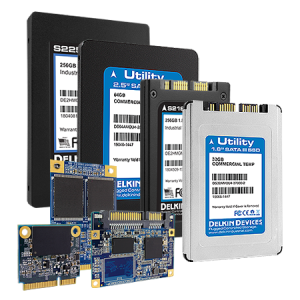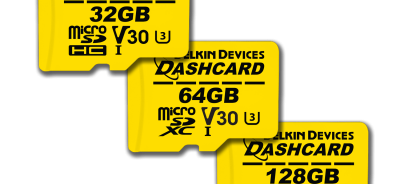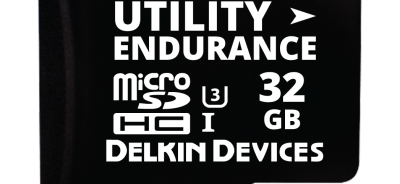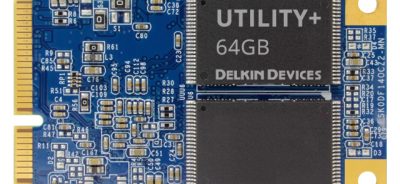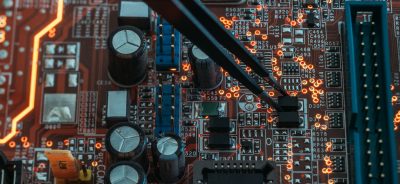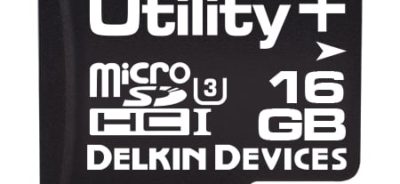Solid State Storage Solutions Explained
Solid state storage solutions, or SSS, are forms of electronic storage that offer alternatives to hard disk drives, or HDDs. SSS is available in three forms: solid state drives (SSDs), solid state cards (SSCs), and solid state modules (SSMs). SSDs in particular are popular for use in both consumer and industrial devices, thanks to their low power consumption, cool operating temperatures, and lightweight designs. With SSS, you can get more reliable performance than with HDDs, since the electronic nature of the design means that there are no moving parts that could malfunction. SSS may be designed with flash memory or RAM memory. Additionally, there are two types of flash: NOR and NAND. Industrial users typically choose SSS with NAND flash memory, since it is non-volatile, which means it demands less power from the host application and has a lower risk of data loss in the event of a power failure.
SSS vs. HDDs
Solid state storage solutions, particularly SSDs, have dramatically increased in popularity in recent years and are now routinely used in place of HDDs. There are several reasons for this that are especially relevant to industrial grade device designers. SSS generates significantly less heat than HDDs, since there is no mechanical device operation. For industrial devices that are already used in extreme temperature environments, minimizing heat generation is important. The lack of mechanical operation also means that SSS is much less prone to failures and data loss, which is another important consideration for industrial users. SSS is smaller and thinner than other storage options, so it can be integrated more easily into today’s compact device designs.
SSS Lifespan
SSS has a limited lifespan. It can only complete a certain number of write operations before it fails. However, the lifespan is much more predictable than the lifespan of HDDs, which can fail without warning whenever a problem occurs with the mechanical system. This predictability allows OEMs to prepare for the end of a storage system’s life and prevent unexpected failures in the field.
The lifespan of SSS is determined by a few factors, including whether it uses RAM or NAND flash memory. For NAND flash devices, whether they are designed with single-level cell (SLC) flash or multi-level cell (MLC) flash also makes a difference. Industrial users often choose SSDs with SLC NAND flash for optimal performance and reliability.
Delkin offers industrial grade solid state storage solutions for industrial users in industries as varied as healthcare, transportation, and gaming. Our team is available to answer your questions about SSS, flash memory, and more.
 Login
Login Register
Register


